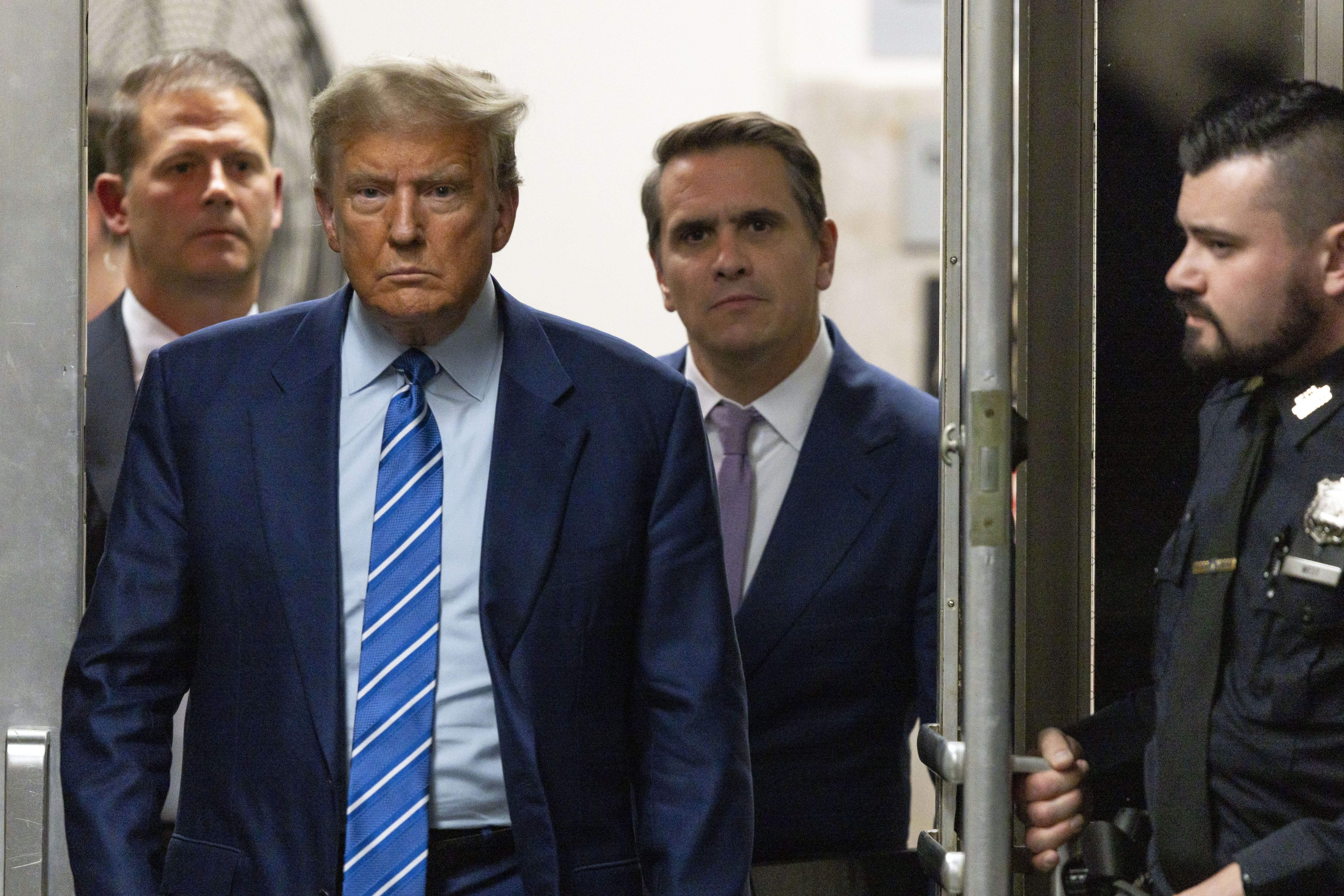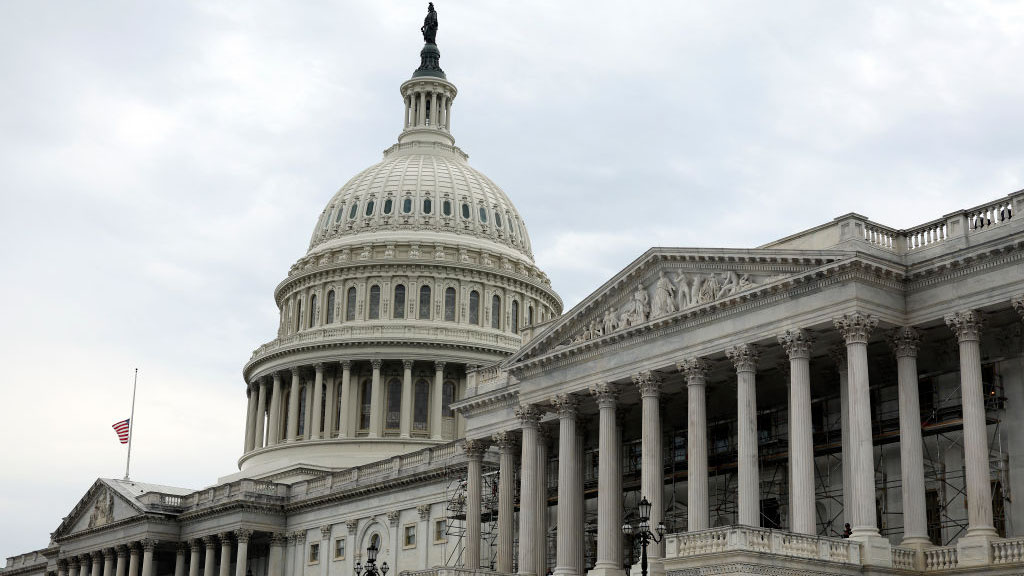John F. Haggerty Jr., a political operative, is on trial for grand larceny in State Supreme Court. But his attorneys seem to be trying to put Mayor Michael Bloomberg on trial for spending too much money and trying to hide that spending in his 2009 re-election campaign.
It seems an odd strategy. Haggerty is accused of wheedling $1.1 million out of Bloomberg in the last hours of the campaign to pay for a ballot security operation. But, the district attorney charges, Haggerty then used most of the money to buy a house.
A prosecutor, Brian Weinberg, said Haggerty didn’t have the money to buy the house using his own funds, adding: “What he did have, though, was access to one of the largest mayoral campaigns this city has ever seen.”
Weinberg said that Bloomberg would testify this week that he was duped by Haggerty.
The defense is trying to turn the whole case around. Haggerty’s lawyer, Raymond R. Castello, told the jury that the mayor was so desperate to win re-election in 2009 that he reached out to Haggerty to ensure ballot security.
“The story here is not about theft,” Castello declared. “There was none. This case is about winning at all costs. That’s what Michael Bloomberg is all about, and that certainly is what he was about in 2009.”
The defendant is accused of breaking the law. The mayor is not accused of any wrongdoing. But he did try very hard to swing the election with an expenditure of 10 times the amount of money spent by his opponent, William Thompson. The mayor poured $109 million of his own money into this campaign.
Politics
The U.S. Supreme Court ruled in the case known as Citizens United v. the Federal Election Committee that corporate funding of independent political broadcasts cannot be limited because of the First Amendment.
It’s established, too, that, legally, Mayor Bloomberg does nothing wrong by drowning an opponent in money.
But is it morally right for Bloomberg to destroy the level playing field required for a fair election?
Not by a long shot.
Susan Lerner of Common Cause told me that one aspect of this case that troubles her is: “Exactly what did the mayor think he was paying for?”
One email introduced at trial was that Haggerty’s plan involved 1,300 watchers and hundreds of additional workers to monitor the polls on Election Day. But, over the years, there’s been no indication that there is widespread fraud in New York elections -- so it’s fair to ask why it was suddenly necessary to recruit an army against the unnamed perpetrators.
There don’t seem to be any election rules on housekeeping accounts, or the money in the coffers of party officials. They are often used as slush funds in campaign operations.
The mayor will likely take the stand in this trial. It will be interesting to hear Bloomberg’s account of what happened to his $1 million -- and why he felt it necessary to throw in more money at the 11th hour.
Bloomberg will be sworn in, as every witness is. But can he bear witness to being as concerned with fairness as with winning? Vince Lombardi said that “winning isn’t everything. It’s the only thing."
In a perfect world, a multi-billionaire mayor might say: “Money isn’t everything. In future elections I want to make playing fields level for everybody -- and I want to reform campaign finance.”



